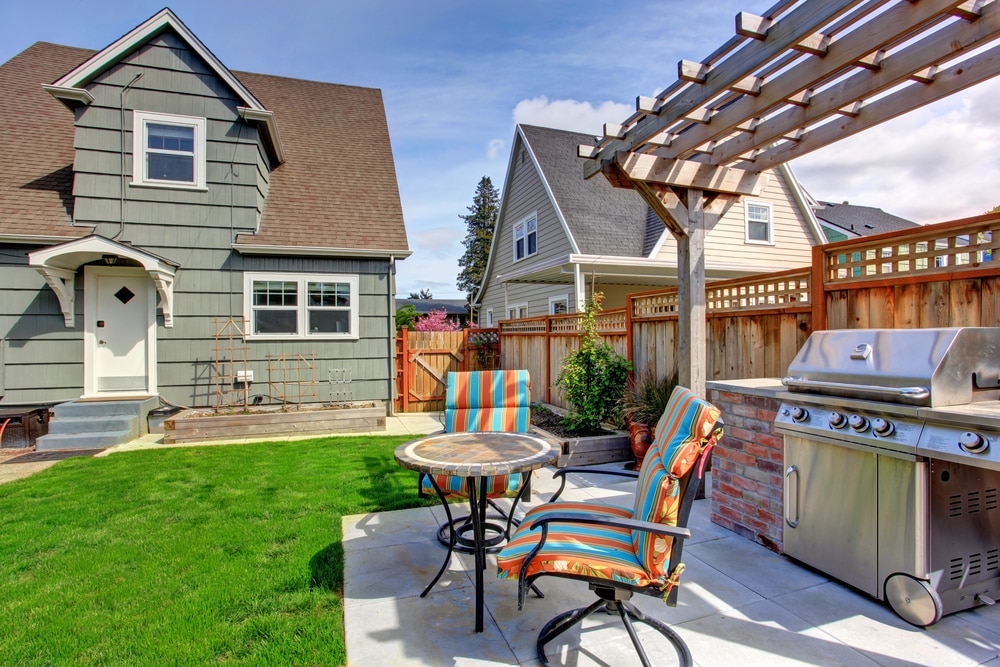You want to install a boundary fence but your neighbor doesn’t have room in the budget right now to share the cost. Or, perhaps they don’t currently perceive a need for fencing.

The fence will sit on your shared property line. Does that mean that your neighbor is legally obligated to contribute to the costs? Not necessarily, at least according to Utah law.
Can You Ask Your Neighbor to Help Pay for a Boundary Fence?
Of course, you can ask your neighbor to share your costs for new shared property line fencing. However, they don’t have to agree to share the costs if they don’t intend to use the fence.
So, what exactly does “use” mean, in this context?
Each state interprets the meaning of “use” differently. In Utah, the term pertains to an enclosure wherein boundary fencing is constructed around an entire property. In other words, if you enclose your yard with fencing, you will be using the common fence. By the same definition, if your neighbor doesn’t place fencing around the rest of their yard, they will not legally be using the fence.
In that case, your neighbor won’t be legally obligated to share the cost of the boundary fencing.
What If They Change Their Mind and Use the Boundary Fence?
Let’s say you install a partition fence, but your neighbor doesn’t want to financially contribute. After a few months or years go by, they decide to place fencing along the other edges of their yard, enclosing the property. You’ve already paid for the fencing at the property line, so are you still stuck shouldering the entire cost?
Not in Utah. State statute says that, if your neighbor wants to enclose their yard later, they will begin using the boundary fence and must contribute to the cost of its construction. Before installing the balance of their boundary fence, they are obligated to pay you one-half of the value of the fence along your shared property line.
What if You Don’t Want to Share Boundary Fence Ownership?
Not all neighbors are cordial, and you may not like the idea of co-owning a partition fence. Though it would be somewhat unusual, you could come to an agreement, with one of you assuming full responsibility for the fencing.
It is important to note that this type of ownership arrangement could be invalidated if either party sells their property. Unless the new owner accepts the current agreement, Utah law will deem the two neighbors to be co-owners of the partition fencing.
Of course, the best course of action is to work things out with your neighbor to your mutual satisfaction. To protect your interests, however, you may also wish to consult a real estate attorney with your property fence questions.
The experts at Outback Fencing can assist you in determining the best type of fence to fit your needs, whatever they may be. We serve commercial and residential customers throughout Utah and Wyoming. Contact our West Jordan office today to schedule your free consultation or to learn more about boundary fence.
